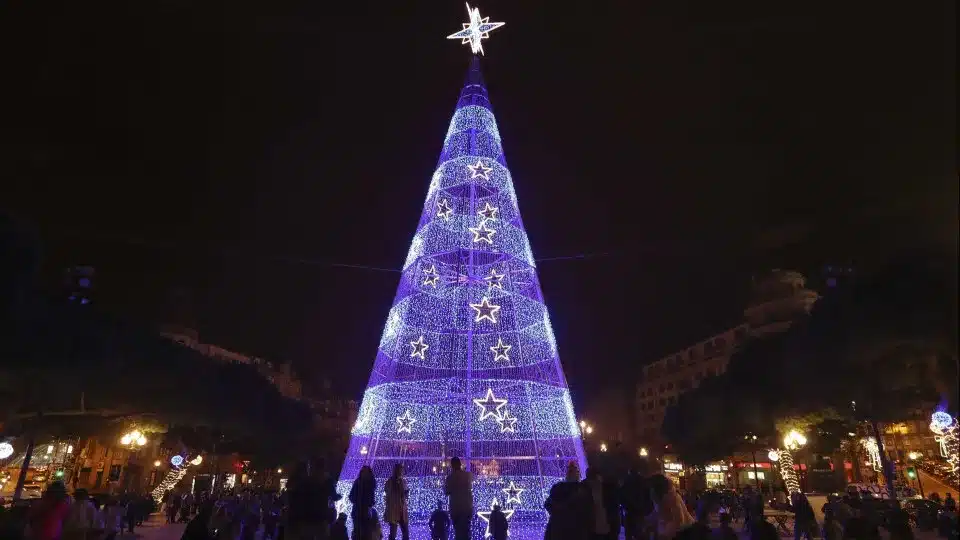A cycle dedicated to Portuguese cinema that covers 50 years of history, from director Manoel de Oliveira to Miguel Gomes, will take place between October and November at the Museum of Modern Art (MoMA) in New York, according to the program.
Entitled “The Ongoing Revolution of Portuguese Cinema”, the cycle will take place between October 17 and November 19, starting from the 50th anniversary of the Carnation Revolution that “put an end to four decades of fascism in Portugal”, recalls a text about the event published on the museum’s website.
The cycle was organized by Francisco Valente, film critic, director and programmer, assistant curator of MoMA’s Film Department, with the collaboration of the National Archive of Moving Images and the Cinemateca Portuguesa.
“Under the influence of Manoel de Oliveira – who continually questioned the lines between life and its representation – the ‘Cinema Novo’ generation expanded the innovations of the international ‘new wave’ of the 1960s, in the midst of a suffocating social environment in the country and a brutal colonial war in Africa,” says the cycle’s introductory text.
Inspired by the New Wave of French cinema and Italian neorealism, the Portuguese New Cinema emerged in the 1960s during the Estado Novo regime and, with an innovative language, broke with the canons of traditional cinema.
This cycle – which has yet to be announced – “brings to light an aesthetic tradition in which making films – and watching them – becomes a political and existential gesture and creates a space of resistance to the homogeneous and oppressive forces that constrain us in our lives – a search, in a word, for freedom,” says MoMA.
The same text puts into context that, in 1974, “another revolution was also underway: a wave of films that, under the weight of censorship, broke down the distinctions between reality and fiction on screen”.
“Before the notion of ‘hybrid cinema’ gained traction around the world, Portuguese cinema used documentary tools to create fiction (and vice versa) and offer a new realm for the senses; like a revolutionary process, it established a link between everyday life and the political confluences that affect its course,” it adds.
The museum also recalls that, after the revolution, the movement it unleashed “focused on working-class communities with renewed dignity and attracted foreign filmmakers, such as Robert Kramer and Thomas Harlan, to capture Portugal’s febrile political atmosphere”.
“The independent spirit of Portuguese cinema would continue to break new ground with the works of João César Monteiro, inspired by fables, and with the documentaries of António Reis and Margarida Cordeiro, Manuela Serra and António Campos, which redefined the art of the real and influenced filmmakers such as João Pedro Rodrigues, Pedro Costa and Miguel Gomes,” he adds.
In addition to the exhibition program, MoMA – which has a modern art collection of over 150,000 pieces and an archive of around 70,000 artists – organizes parallel cultural and educational activities.









